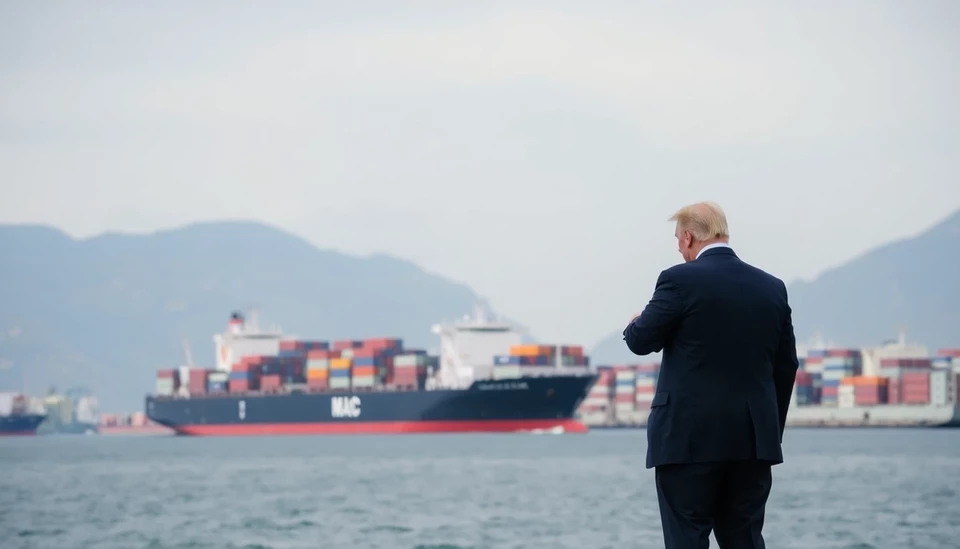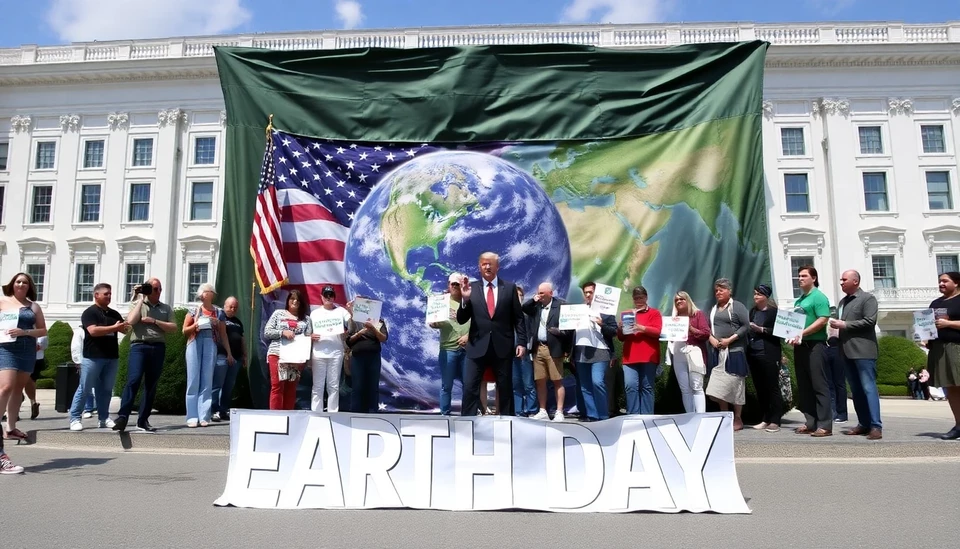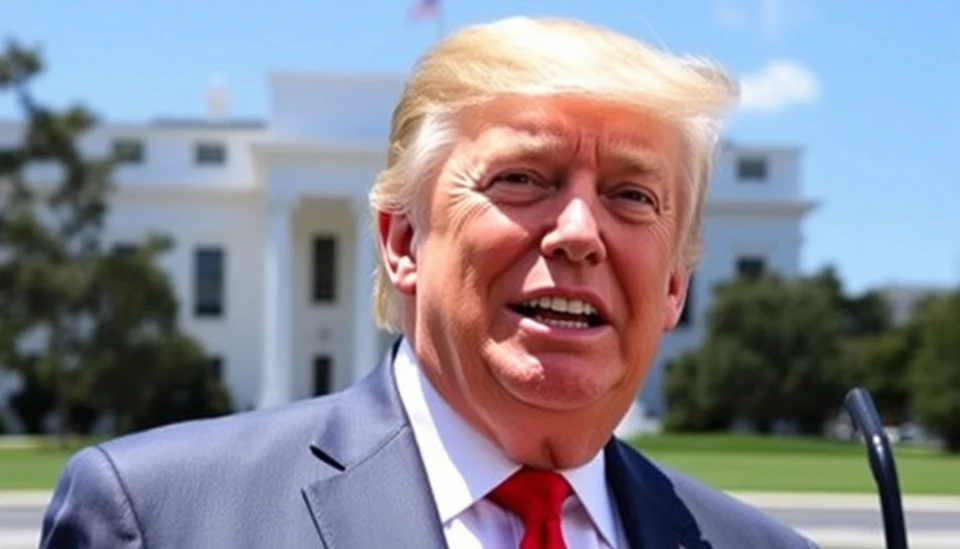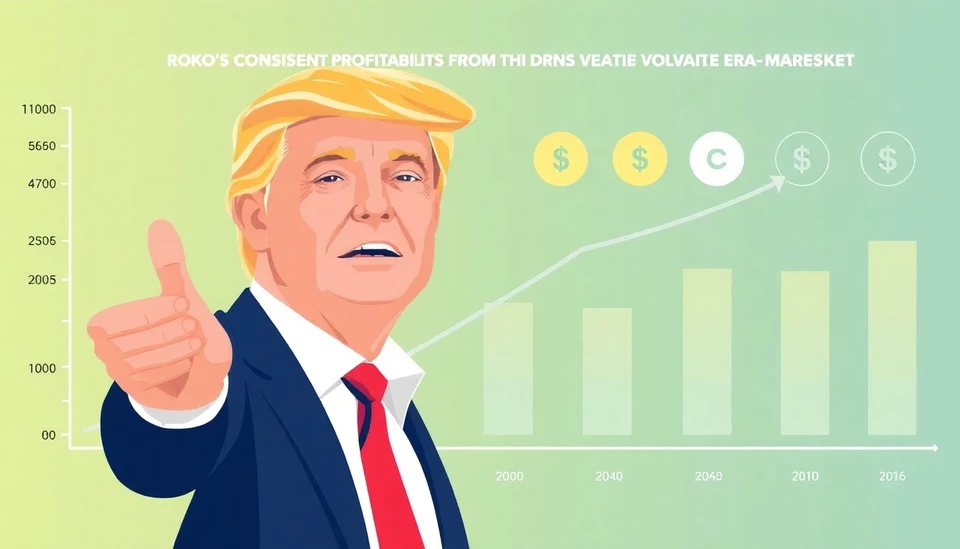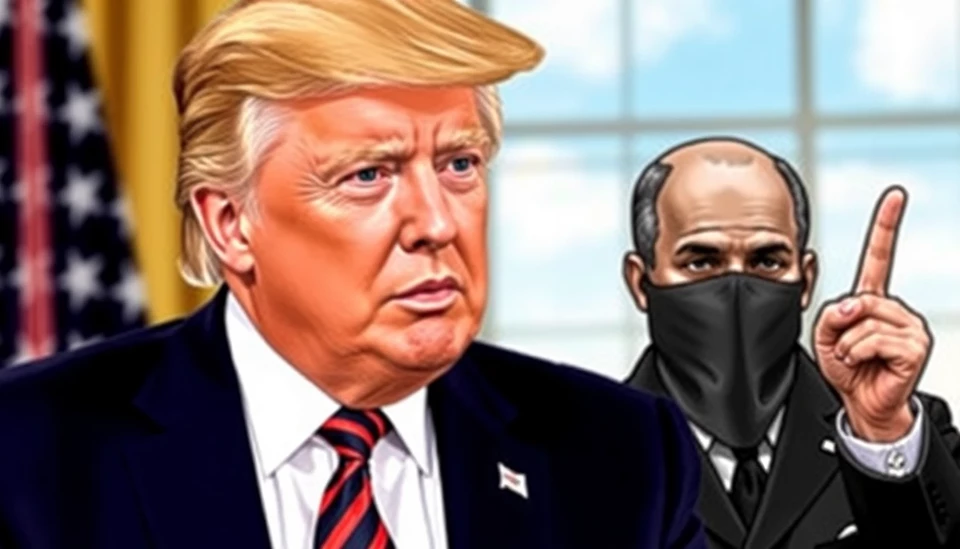
In a bold move that’s sending shockwaves across financial institutions, former President Donald Trump has labeled Mexican drug cartels as terrorist organizations. This declaration is not just a political statement; it poses significant legal and operational challenges for banks and financial institutions in the United States and beyond.
Trump’s rhetoric, which gained traction during his initial presidential campaign, has now resurfaced as part of his ongoing political agenda. His assertion that cartels should be treated as terrorist groups is already causing banks to evaluate their risk exposure to the industry, possibly leading to stringent compliance and heightened scrutiny regarding any financial transactions linked to these entities.
The implications of this designation are substantial. If cartels are officially recognized as terrorist organizations, financial institutions would be required to implement more rigorous monitoring efforts. This could include enhanced due diligence, stricter anti-money laundering protocols, and the potential for increased compliance costs. Banks may find themselves facing regulatory pressures that can complicate their operations significantly.
Moreover, this development raises questions about the existing relationships between financial institutions and clients operating in sectors associated with cartels or drug trafficking. The uncertainty of how regulators will interpret this designation places banking entities in a precarious position, as they will need to ensure they are not inadvertently facilitating transactions that could be linked to terrorist financing.
Additionally, financial analysts are concerned that labeling the cartels in this manner could hinder legitimate businesses that could be unfairly scrutinized or negatively impacted by a broad interpretation of the designation. This could lead to a chilling effect on investment in certain regions and industries, as companies may decide to withdraw operations to mitigate risks related to compliance and reputation.
Trump’s remarks have reignited debate about immigration, border security, and how best to address the issues surrounding drug trafficking and violence associated with cartels. Political opponents have criticized the proposal as ill-conceived and fraught with potential overreach that could alienate crucial trade partners and disrupt cross-border commerce.
As financial institutions grapple with the ramifications of Trump’s declaration, the effects are likely to resonate throughout the economy, impacting not only banks but also industries that are tied to international trade and supply chains. The landscape of compliance and financial integrity could face unprecedented changes in response to this politicized stance, issuing a clear warning to entities who may inadvertently become entangled with these organizations.
The banking sector is bracing itself for what could be a major upheaval in operational standards and risk assessments, leaving many to wonder how far-reaching the consequences of this label would be and whether any legislative action will follow to formalize such a classification.
As this story develops, financial institutions, lawmakers, and stakeholders in related industries will be closely monitoring the situation, preparing for potential fallout that could change the dynamics of financial engagement with risk-prone sectors.
Overall, Trump's label is not merely a catchphrase; it is a trigger that could reshape the approach to illicit financing and reinforce the narrative surrounding the war on drugs, ultimately leaving a mark on U.S. foreign relations and domestic banking practices.
#Trump #Cartels #TerroristLabel #FinancialInstitutions #BankingSector #RegulatoryCompliance #Mexico #DrugTrafficking #BorderSecurity #PoliticalDebate
Author: Samuel Brooks
